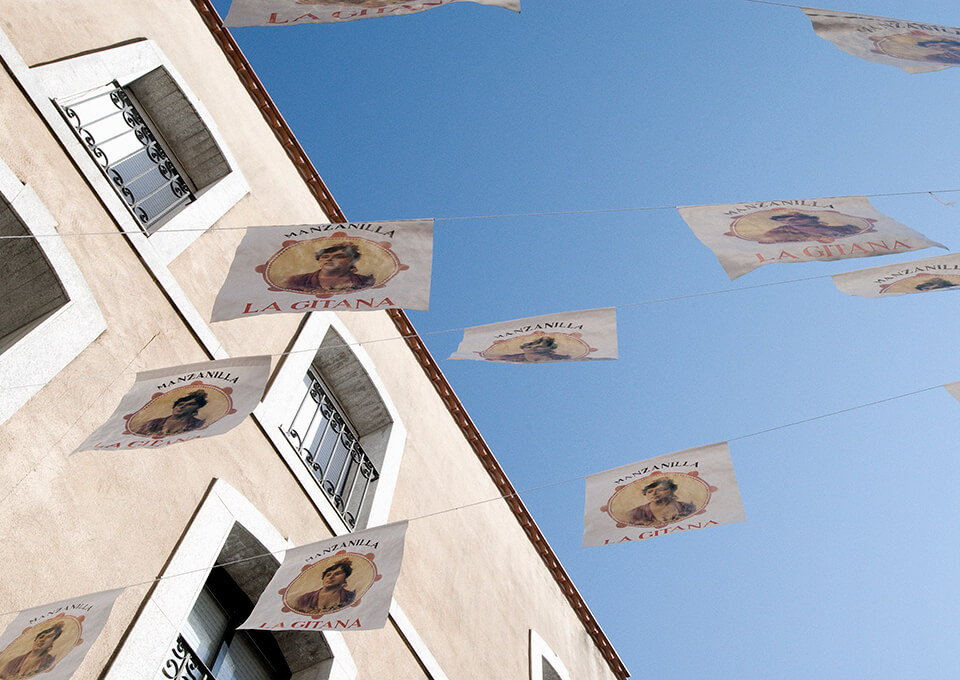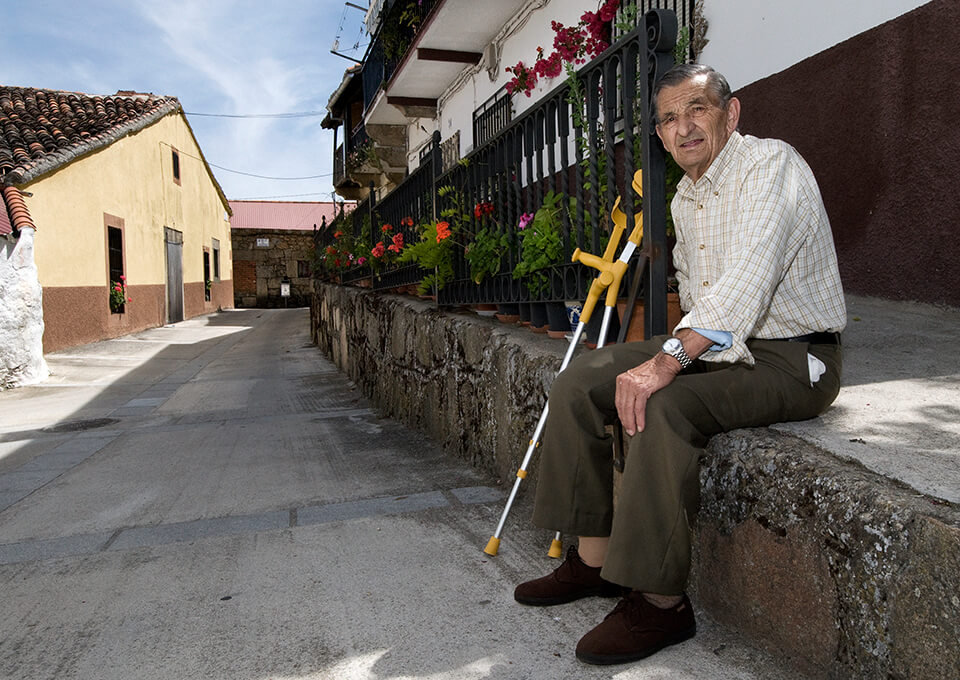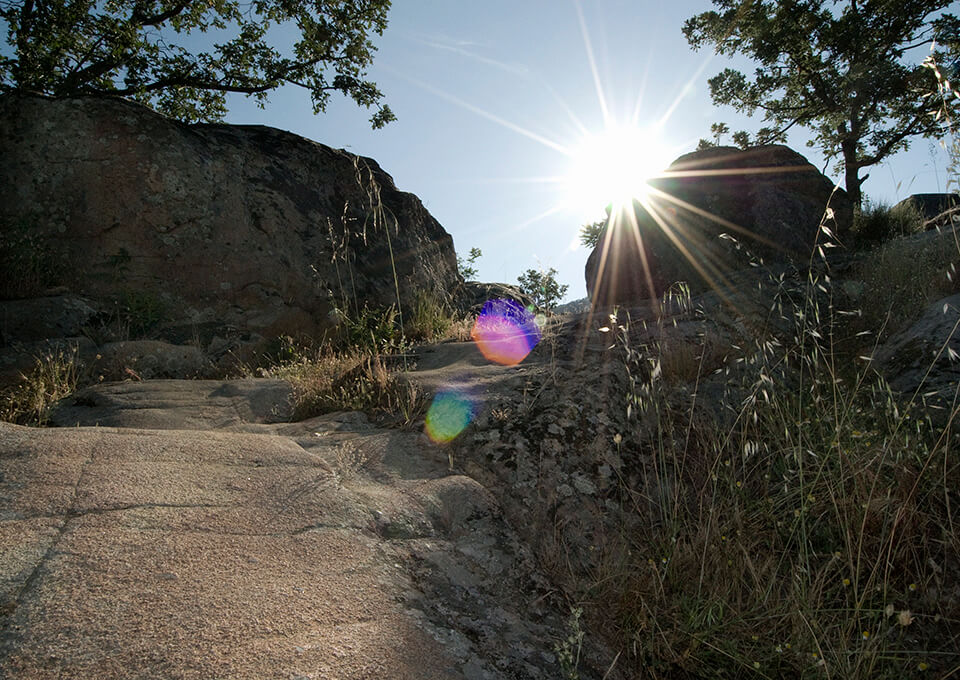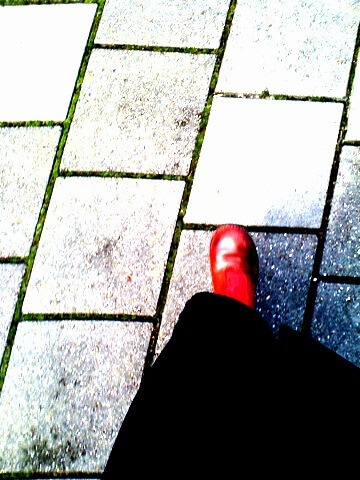El Pueblo in the Spanish region of Extremadura. There is only one shop. While the world is constantly changing the world behind the tinkling beaded curtain of the village shop, remains untouched. The owner is Modesta, saleswoman, counselor and pharmacist in one.
Modesta’s Spanish shop
El Pueblo in the Spanish region of Extremadura. I have not been here for two years. As I wandered through the Americas and Europe, the world behind the tinkling beaded curtain of the village shop remained virtually unchanged.
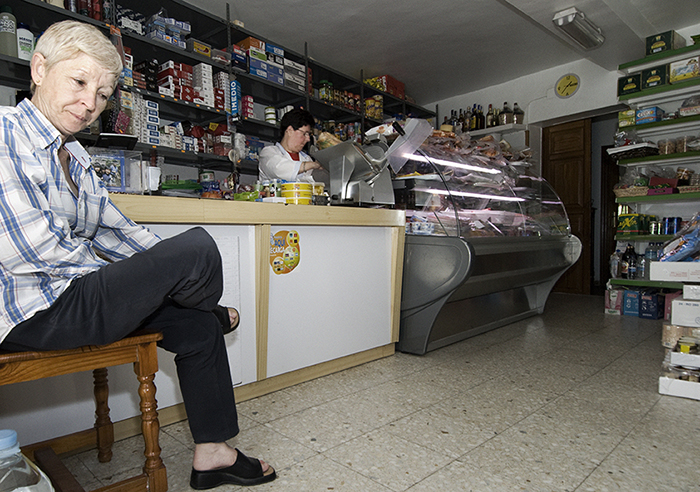
The owner is Modesta, a slightly plump woman with a cackle and the shiny face of someone who scrubs herself perennially with soap. In her white duster she represents the fourth generation of the village shop owners and she governs it with an iron but chaotic hand.
Modesta’s Spanish shop is a phenomenon in the village. Hidden behind number 29. The arrangement of the products on storage racks against the wall, in trays on the ground or just loose in messy piles on a folding chair betrays her hardly orderly nature.
She really sells anything: unfiltered wine, tomatoes, fly swatters, bread, extension plugs, anti-mosquito balm with cortisone, shoes, pills against heart failure and nail polish. What’s not there is ordered and can be found somewhere on the rack the next day .
Pills
She is also a distributor of all medications prescribed in the village. Once delivered at her shop, the pills are placed in handwritten envelopes and kept in a drawer until the patient shows up. Given her chaotic nature it a miracle no deaths have occurred by slipping the wrong envelope to the wrong person.
Modesta’s ability to stretch every activity to infinity, drives a man to utter madness. Whoever thinks of quickly running an errand, will be disappointed as waiting times, for unfathomable reasons, can easily increase to three quarters of an hour, regardless of the presence of customers. She frequently loses track of what to charge you, so weeks later you can still be billed for a plaster to a wound that healed ages ago.
Crisis
The tone of voice in the store becomes serious again when the man with the straw hat says it is still uncertain whether his son will join them for the August festivities in the village, since the crisis that affects Spain so violently, has left him without work.
Unemployment and crisis, are almost synonyms for Extremadura. The name means extremely heavy or hard. And it bears the name for a reason. Many Spaniards emigrated from this region to the Basque Country, France or further afield to Latin America, hoping to escape extreme poverty.
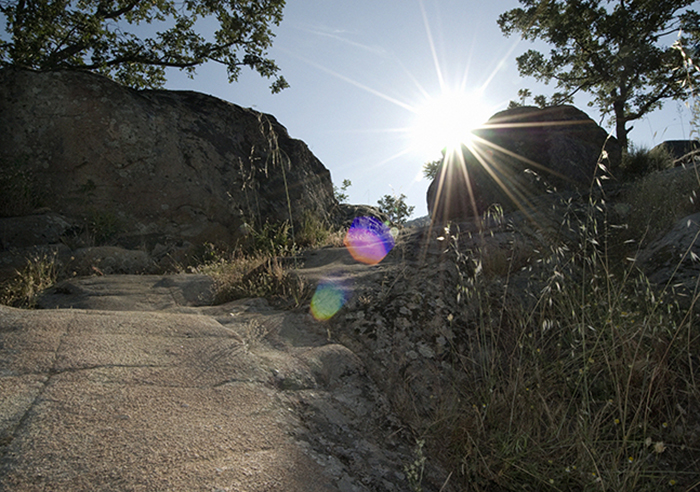
The region seduced the Spanish filmmaker Luis Bunuel to make the controversial film Las Hurdes about the unworthy poverty and backwardness of the area. The Oven of Spain, as it is nicknamed, is still among the poorest parts of Spain.
In El Pueblo it is not uncommon for young generations to leave for Barcelona, Bilbao or Madrid. Only after their retirement will they return to their native land. The village has only two children who live there permanently.
El Pueblo, however, is also a hidden gem. With orange peach trees against blue hills and crystal clear water running down the mountains. With horsemen attaching their horses to the terrace of the only bar while fetching a cold beer.
The village counts two hundred, mostly old, souls. Only in summer, when the grandparents are deployed during the long Spanish summer to look after the grandchildren, is the average age dramatically reduced and is the number of inhabitants doubled.
Camouflage
The landscape around the village is flat and yellow like withered grass. In the distance, you see the peaks of the Sierra with names like Doña Helena or “Death to the Moors”. The yellow fields are now and again interrupted by the gray-green of the olive trees which give shelter to the black bulls. Yellow, green, black. As if the region in a camouflage suit.
Habits in the village are virtually unchanged, thus showing us a glimpse of what Spain must have been in the fifties. When I finally manage to buy two tomatoes at Modesta’s, I find the oldies sitting next to each other in front of their houses shelling beans. Once I am home, Juana, our neighbor, puts her head through our beaded curtain. “Tomatoes for you from the garden.”
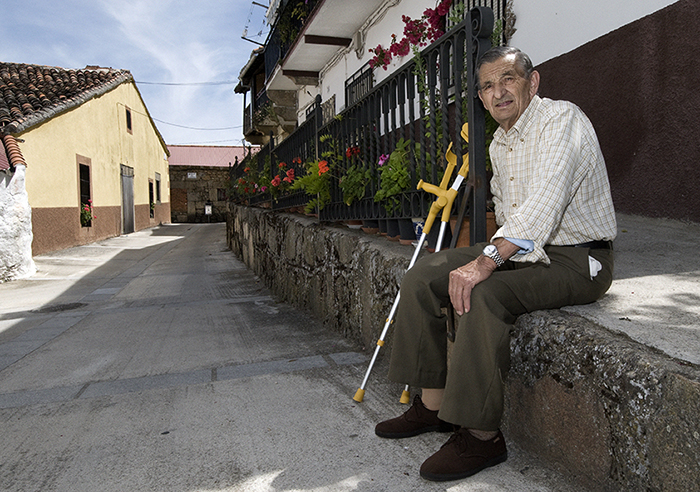
In an hour, the bell, with its tinny beats, will announce dinner time. The voices now heard on the streets, will continue behind ancient walls. Behind the covered doors it will seem as if the walls are muttering.
Plaza del Generalissimo Franco
Around ten o’clock, the voices will come out on the street again. Juana, like the other elders, will go with a folding chair to the square that bears only recently the name Plaza Mayor, but until a few months ago was called Plaza del Generalissimo Franco.
The dictator who by now has been dead almost as long as he had Spain in his grip: 35 years. Children’s voices and quick feet will fill the streets as the game of policía y caques, a kind of tag is being played. A game that starts every night and is played tirelessly during the three summer months.
By 1:00 am it slowly becomes quiet in the village apart from the rattle of the persianas, the Spanish blinds, that after having been lowered an entire day, are now pulled up, so that the rare breeze can sweep the marble floors. Sometimes the neighing of a horse or the howling of dogs is heard.
Mountain springs
In the morning around eight o’clock you hear water running past our house. From the mountains spring water is led into the village. First it passes the natural pool. Then it flows on through the irrigation canals to the gardens on the mountain to water the tomatoes, peaches and vines.
Elderly men in blue work pants and straw hats, will be standing bent over the plants, sometimes in the company of a donkey or a horse. Later, in Modesta’s shop they will complain about the heat. Once the water in the trenches has refreshed the plants, it flows along the place where women do the laundry and Juana still chastises pieces of clothing on the stone basins. Eventually, the water flows onto the plaza and cleans and cools the square.
By that time Modesta’s first customers have already been waiting for bread for more than half an hour.
Text: Anneke de Bundel – Images: Nicole Franken
This story won the Spanish Blog Award 2011 in the Netherlands.

